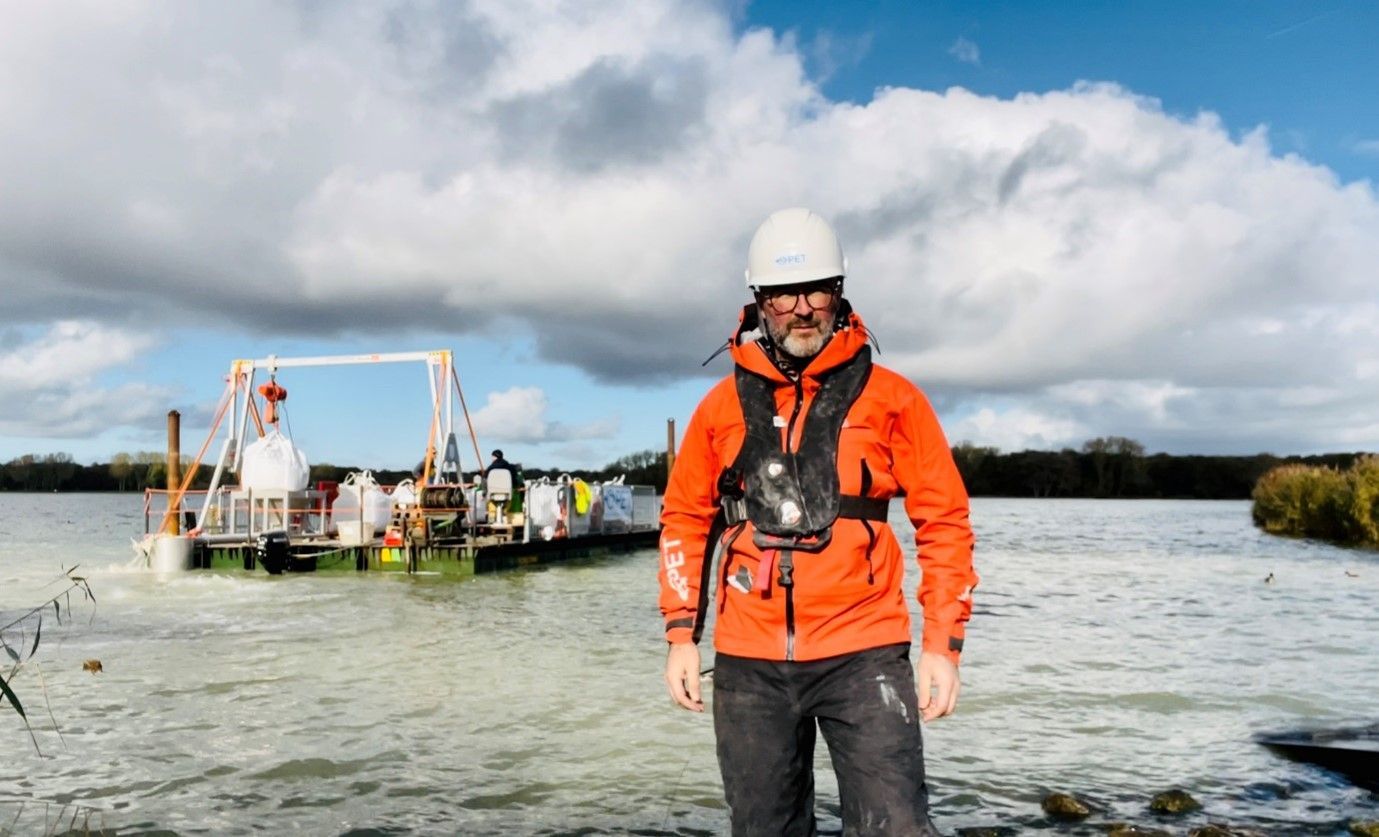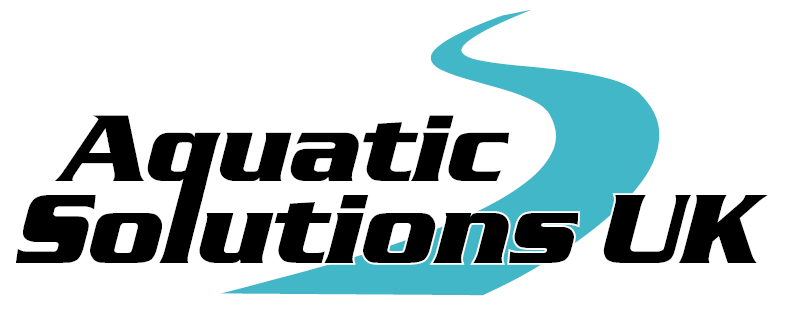Freshwater ecosystems in the UK, encompassing rivers, lakes, wetlands, and streams, are facing significant challenges.
Despite government initiatives and public concern, the ecological health of these vital water bodies remains poor and has shown limited improvement over the past five years.

Current Status of UK Freshwater:
1. Ecological Health:
- Around 16% of assessed surface waters in England meet “good ecological status,” with limited rivers achieving “good chemical status” due to pollution.
- In Wales, circa 46% of rivers meet good ecological standards, while Northern Ireland reports only around 31% of water bodies as good or high quality.
2. Pollution Sources:
- Major pollutants include agricultural runoff (nitrogen and phosphorous), untreated sewage discharges, chemical waste from industries, and plastic pollution.
- Urbanisation and storm overflow discharges exacerbate pollution in downstream areas.
3. Groundwater Levels:
- Groundwater levels in England are projected to remain above normal for much of 2025 due to recent rainfall patterns, but this does not directly address legacy water quality issues.
4. Biodiversity Decline:
- Freshwater biodiversity is declining faster than in terrestrial or marine ecosystems. Eutrophication caused by ageing water and nutrient pollution has disrupted food chains and habitats.
Rate of Decline Over the Last Five Years
1. Minimal Progress:
- Since 2020, there has been little improvement in meeting ecological standards. The percentage of English rivers achieving good status has stagnated at 14%, reflecting systemic challenges in addressing pollution.
2. Sewage Discharges:
- Sewage overflows remain a critical issue. Public outcry has led to government commitments to stricter regulations, but implementation has been slow.
3. Agricultural Pollution:
- Despite initiatives to reduce agricultural runoff, progress toward reducing nitrogen and phosphorous levels by 40% by 2038 remains limited, and challenges remain.
4. Climate Change Impact:
- Fluctuating weather patterns and drought risks have further stressed freshwater systems and ground water storage complicating efforts to restore ecological balance.
Government Actions and Challenges
1. Policy Initiatives:
- The UK Government’s Environmental Improvement Plan (2023) and Plan for Water (2023) aim to restore 75% of water bodies to good status “as soon as practicable”.
- The Environment Act (2021) set legally binding targets for reducing agricultural pollution and improving sewage management.
2. Barriers to Progress:
- Insufficient investment in monitoring freshwater ecosystems.
- Regulatory gaps in addressing emerging threats like microplastics and climate-induced changes.
- Long winded procurement processes to select and adopt proven technologies.
Conclusion
The state of UK freshwater ecosystems is a cause for concern, with limited progress made over the last five years. Achieving meaningful improvements will require stricter enforcement of pollution controls, greater investment in infrastructure, and collaboration between government agencies, environmental groups, technology providers and local communities.
Without urgent action, the decline in freshwater health will continue to jeopardise biodiversity, human health, and water security.




















